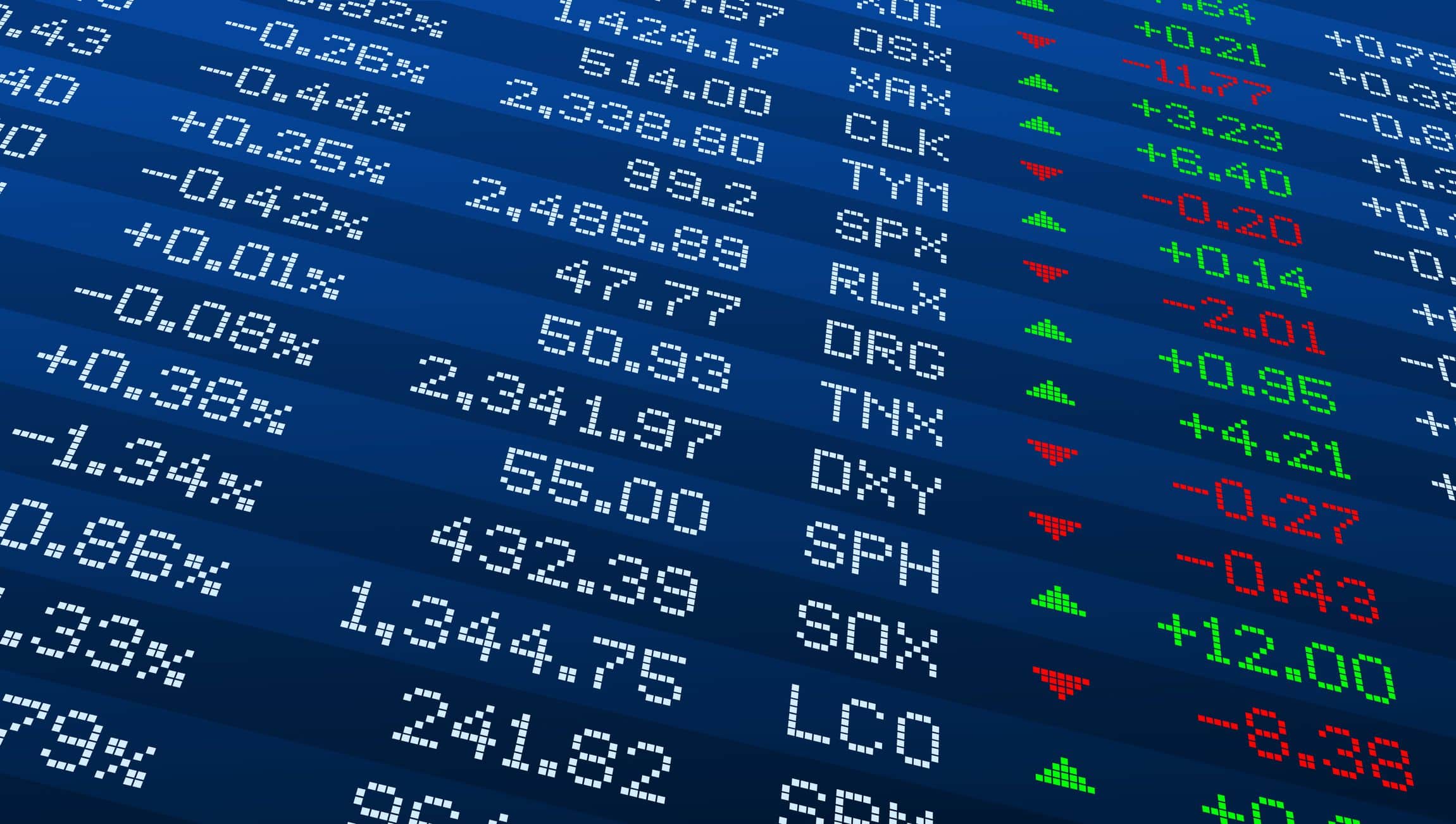January 5, 2019
Interactive Brokers
"We expect the high growth of IBKR to continue for many years. In all, we are content to hold IBKR as a long-term investment."
January 5, 2019
"We expect the high growth of IBKR to continue for many years. In all, we are content to hold IBKR as a long-term investment."

For every share that we buy and sell for our customers, a commission is paid to the broker, which in most cases is the custodian bank. For them, these commissions are an important source of income. Because this is an industry that we deal with every day, we used our first-hand knowledge when we selected a broker as a potential investment last year. We took a position in a company named Interactive Brokers.
Interactive Brokers (IBKR) was founded in 1993 by Thomas Petterffy, a Hungarian immigrant to the United States with a background as a computer programmer. While IBKRs competitors such as Charles Schwab, TD Ameritrade and E-Trade are so called sales organizations with physical stores and high marketing costs, IBKR distinguishes itself by spending practically nothing on marketing. Most employees at IBKR are computer programmers who since inception have devoted themselves to develop the very best platform available. IBKR is by far the most cost-efficient organization in the market and these savings are passed on to the customer. Their product ultimately sells via word-of-mouth.
IBKR earns about 4 USD per transaction, while competitors charge more than double. But because of the higher level of automation IBKR is still able to earn 63% margins, compared to 40% margins at the competitors.
IBKR is certainly not the only price fighter out there. A common disadvantage of price fighters in this industry is that they sell the ‘order flow’ of their customers to high-frequency traders as an additional source of income. For example, a party such as Citadel pays Dutch broker DeGiro the right to execute the orders while earning money on those same orders as a market maker. This is a potential conflict of interest, withholding so called ‘best execution’ on their customers trades and adding indirect spread costs to the transaction costs.
IBKR is the only price fighter in the industry to not sell their order flow. It uses a self-designed ‘Smart Routing’ system that sends transactions to the exchange that offers the best price. No conflict of interest, guaranteed best execution and no indirect costs to the customer.
All this has translated into a customer base growth of 17% per year over the last ten years. The assets under management grew 29% per year in the same period. Finally, money loaned to customers, an important source of income because of the interest charged, grew by 26% per year. This income will increase as the Federal Reserve continues to raise US short-term interest rates.
Although most active individual traders are already customers at IBKR, we believe that IBKR can continue to grow rapidly among hedge funds and asset managers in the coming years. At the moment, only 0.3% of all hedge funds use IBKR. However, 12% of all recently established hedge funds opt for IBKR as their primary broker. IBKR also sells its platform as a “white label” product, which enables other providers to use IBKR as a trading platform and focus their efforts and resources on marketing and sales. An example of this in the Netherlands is Lynx. Here, too, are growth opportunities for IBKR.
IBKR was first listed on the stock market in 2007. Not primarily to raise money, IBKR generates sufficient cash itself, but because the required transparency for listed companies would give potential customers more insight into the broker. Management owns 83% of the shares itself.
Finally, Interactive Brokers is not only the cheapest broker with the best execution, it is also the safest. The company has no debt. With the exception of a small market-making business, they have no side activities that can cause losses. They are required to hold 2.2 billion USD in equity to absorb losses, but hold 6.7 billion USD. Historically, IBKR have been apt at seeing risks in the market and restricting margin requirements for customers in certain products at the right time. As financer, IBKR are responsible for the losses if their leveraged customers go bankrupt. The biggest trade loss that IBKR ever suffered was 121m CHF in 2015, when the Swiss Central Bank unexpectedly terminated their trading range program of the CHF to the EUR.
We expect the high growth of IBKR to continue for many years. In all, we are content to hold IBKR as a long-term investment.
Transaction costs are a significant part of the total fees that our customers pay each year. Naturally, we are committed to negotiate lower costs for our customers with our brokers whenever we can. As our company grows we are able to use the size of the assets under our management to obtain direct discounts for our customers. Last quarter we were able to reduce the expected service costs at ABN Amro by almost a third.